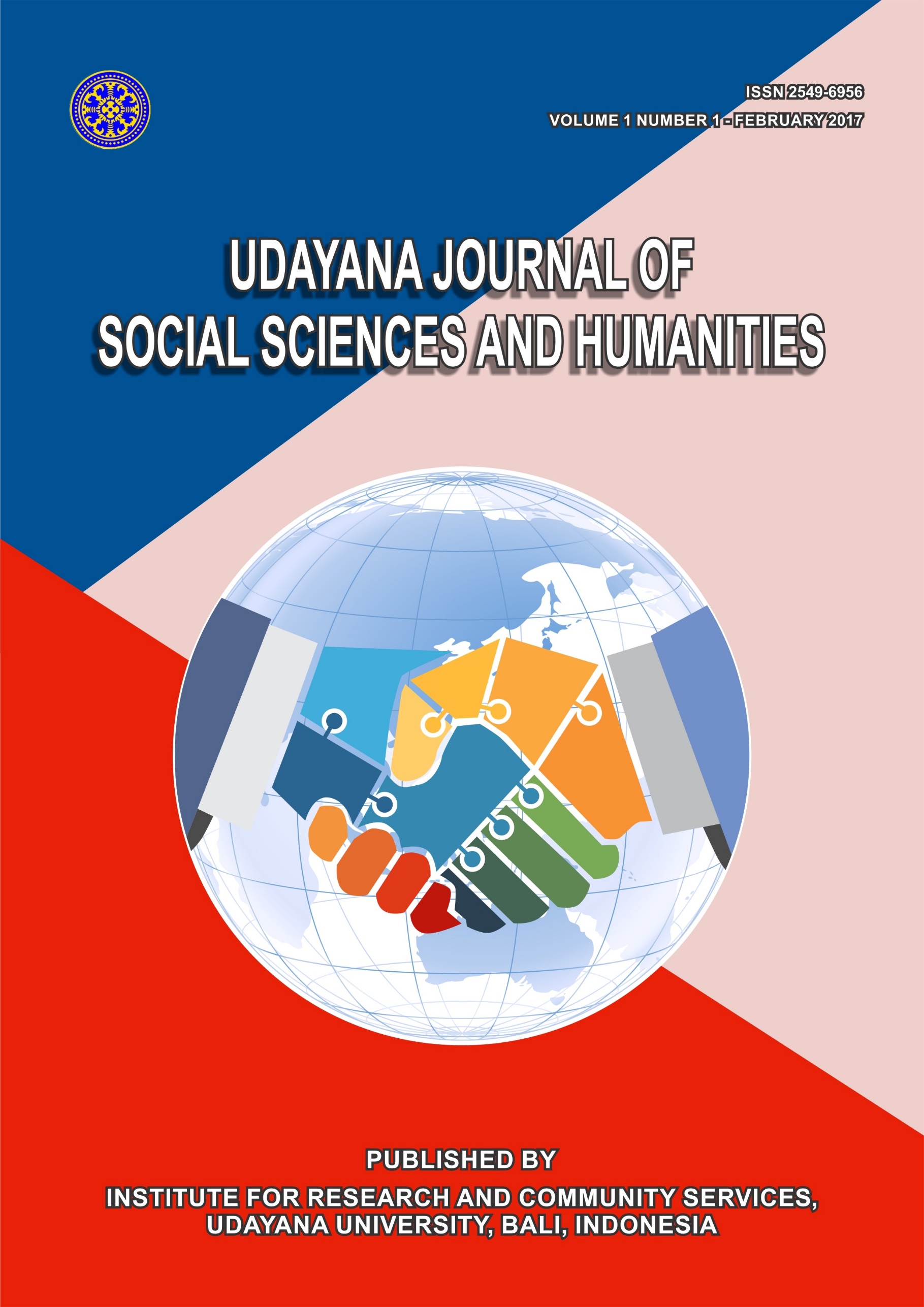The Constitutionality of Castration Sanction
Abstract
The research was conducted to asses Article 81 and Article 81A of Government Regulation In Lieu of Law No. 1 of 2016 on the Second Amendment of Law No. 23 of 2002 on Children Protection which includes imposition of castration sanction in its substance materials. Such policy is based on many rapes and murders case of minors that happen cruelly nowadays. Based on three points of view, chemical castration is the effort of reducing sexual arousal addressed to the perpetrator in order not to reiterate the same action and to reduce crimes such as rape and other sexual offenses. Although this regulation has good aim in terms of the deterrent effect, but there is a human rights character code which is a non-derogable human rights stipulated in Article 28 paragraph (1) The 1945 Constitution of the Republic of Indonesia, one of which is so called right not to be tortured. The conclusion of this research is that the sanction of chemical castration violates human rights therefore constitutes an unconstitutional policy or in contrary to the 1945 Constitution of the Republic of Indonesia. The results of this study is also expected to provide a view on constitutional law in doing the judicial review before the Constitutional Court.






